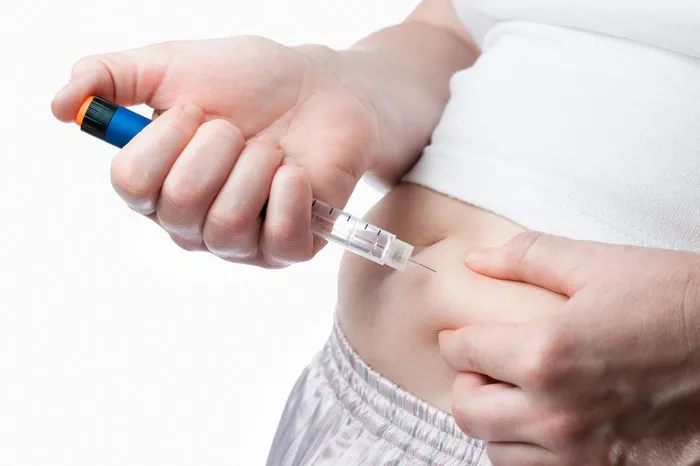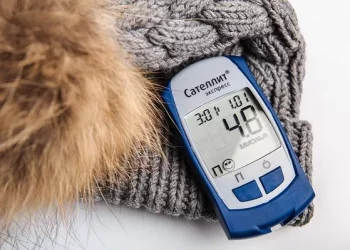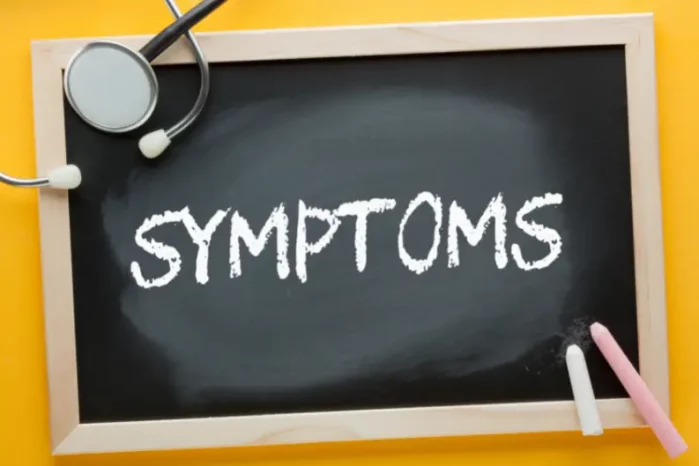Maintaining optimal blood sugar levels is crucial for individuals with diabetes to prevent complications and ensure overall health. However, there are instances when blood sugar levels may spike unexpectedly, requiring immediate action to bring them back within target range. In this comprehensive guide, we explore the strategies and techniques individuals can use to lower blood sugar levels quickly and effectively in emergency situations, providing practical tips and insights for managing glucose emergencies.
Understanding Blood Sugar Spikes: Causes and Consequences
Blood sugar levels can fluctuate throughout the day in response to various factors, including dietary intake, physical activity, stress, illness, and medication. When blood sugar levels rise above target range, a condition known as hyperglycemia occurs, which can lead to symptoms such as increased thirst, frequent urination, fatigue, blurred vision, and slow wound healing.
Hyperglycemia can occur for several reasons, including:
- High Carbohydrate Intake: Consuming large amounts of carbohydrate-rich foods or beverages can cause blood sugar levels to rise rapidly, especially if insulin doses are inadequate.
- Insufficient Insulin: Inadequate insulin production or insulin resistance can lead to impaired glucose uptake by cells, resulting in elevated blood sugar levels.
- Stress: Physical or emotional stress can trigger the release of stress hormones such as cortisol and adrenaline, which can raise blood sugar levels.
- Illness or Infection: Infections, illnesses, or other medical conditions can cause an inflammatory response in the body, leading to insulin resistance and hyperglycemia.
- Medications: Certain medications, such as corticosteroids, diuretics, and beta-blockers, can interfere with insulin sensitivity or secretion, contributing to hyperglycemia.
Strategies for Lowering Blood Sugar Immediately
- Hydration: Drinking water can help dilute the concentration of glucose in the bloodstream and support kidney function in removing excess sugar through urine. Aim to drink at least 8-10 glasses of water per day, or more if you are experiencing hyperglycemia.
- Physical Activity: Engaging in moderate-intensity exercise such as brisk walking, cycling, or dancing can help lower blood sugar levels by increasing glucose uptake by muscles. However, be cautious not to overexert yourself, especially if blood sugar levels are very high or if you are at risk of hypoglycemia.
- Insulin Administration: If you use insulin therapy to manage your diabetes, administering an additional dose of rapid-acting insulin may help lower blood sugar levels quickly. Consult with your healthcare provider or diabetes educator for guidance on adjusting your insulin dosage safely.
- Carbohydrate Restriction: Limiting carbohydrate intake can help prevent further spikes in blood sugar levels and promote glycemic control. Focus on consuming non-starchy vegetables, lean proteins, and healthy fats instead of high-carbohydrate foods.
- Fiber-Rich Foods: Consuming foods high in soluble fiber, such as oats, beans, lentils, and vegetables, can help slow down the absorption of carbohydrates and stabilize blood sugar levels. Incorporate fiber-rich foods into your meals and snacks to promote satiety and prevent postprandial spikes.
- Apple Cider Vinegar: Some studies suggest that consuming apple cider vinegar (ACV) may help improve insulin sensitivity and lower blood sugar levels. Dilute 1-2 tablespoons of ACV in a glass of water and drink it before meals to help mitigate blood sugar spikes.
- Chromium Supplementation: Chromium is a trace mineral that may enhance insulin action and improve glucose metabolism. Taking chromium supplements under the guidance of a healthcare provider may help lower blood sugar levels in some individuals with diabetes.
- Green Tea: Drinking green tea regularly may help improve insulin sensitivity and reduce blood sugar levels due to its antioxidant properties. Enjoy unsweetened green tea as a refreshing and healthful beverage option.
- Cinnamon: Cinnamon contains compounds that may improve insulin sensitivity and lower blood sugar levels. Sprinkle cinnamon on foods such as oatmeal, yogurt, or fruit, or brew cinnamon tea by steeping cinnamon sticks in hot water.
- Stress Management: Engaging in relaxation techniques such as deep breathing, meditation, yoga, or mindfulness can help reduce stress levels and promote better blood sugar control. Find activities that help you relax and incorporate them into your daily routine.
Dietary Tips for Managing Blood Sugar Emergencies
- Avoid High-Glycemic Foods: Limit or avoid foods that are high on the glycemic index (GI), such as white bread, white rice, sugary cereals, and processed snacks, as they can cause rapid spikes in blood sugar levels.
- Choose Low-Glycemic Foods: Opt for low-GI foods such as non-starchy vegetables, whole grains, legumes, nuts, and seeds, which are digested and absorbed more slowly, resulting in gradual increases in blood sugar levels.
- Focus on Protein and Healthy Fats: Incorporate protein-rich foods such as lean meats, poultry, fish, tofu, eggs, and Greek yogurt, as well as healthy fats from sources such as avocado, nuts, seeds, and olive oil, into your meals and snacks to promote satiety and stabilize blood sugar levels.
- Stay Hydrated: Drink plenty of water throughout the day to stay hydrated and support kidney function in removing excess sugar through urine. Avoid sugary drinks and opt for water, herbal tea, or unsweetened beverages instead.
- Monitor Blood Sugar Levels: Regularly monitor your blood glucose levels using a glucometer or continuous glucose monitoring (CGM) system to track changes and trends in your blood sugar levels. This information will help you make informed decisions about your dietary choices and treatment plan.
Conclusion: Empowering Immediate Blood Sugar Control
In emergency situations where blood sugar levels are elevated and immediate intervention is needed, there are several strategies and techniques individuals can use to lower blood sugar levels quickly and effectively. By staying hydrated, engaging in physical activity, adjusting insulin doses as needed, limiting carbohydrate intake, and incorporating foods and beverages that promote blood sugar stability into your diet, you can take control of your diabetes and mitigate the risk of complications.
However, it’s important to remember that these strategies are intended for emergency use and should not replace regular diabetes management techniques prescribed by your healthcare provider. If you experience persistent or severe hyperglycemia, seek medical attention promptly for further evaluation and management.
By staying informed, proactive, and prepared, individuals with diabetes can effectively manage blood sugar emergencies and optimize their health and well-being. Through education, empowerment, and collaboration with healthcare providers, you can navigate the challenges of diabetes with confidence and resilience, living life to the fullest while keeping your blood sugar levels in check.


























